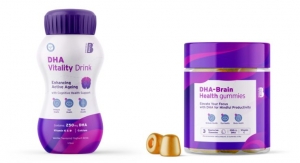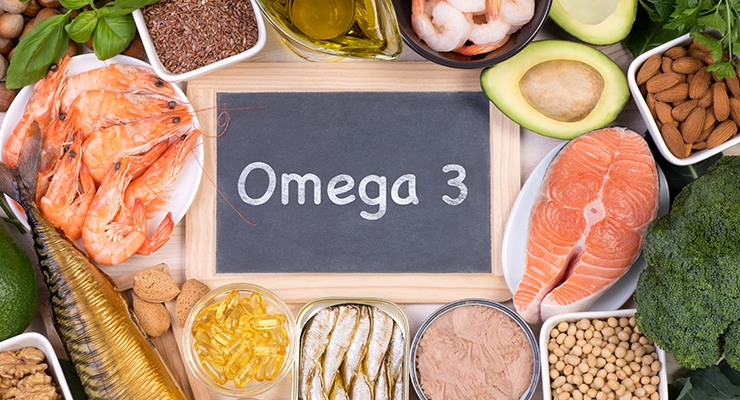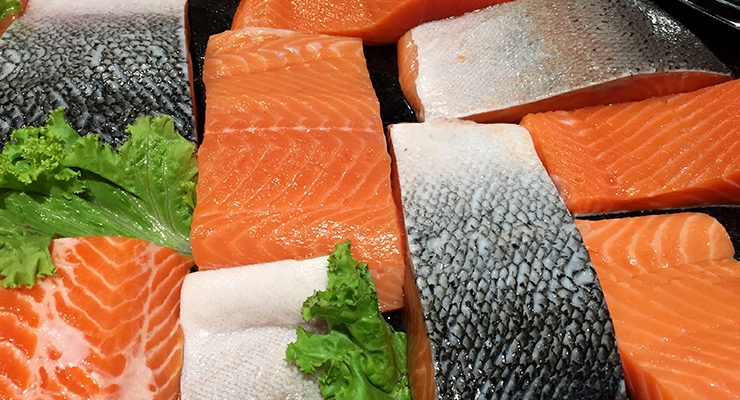Slideshows
Omega-3 Sources From the Sea, the Land, and the Lab
Omega-3 ingredients from varying sources offer support for a wide range of health implications.
06.27.18
-

Peru’s Fish Oil Supply Expected to Normalize, but More Omega-3 Sources Needed to Meet Demand
Global demand for omega-3s remains high. Experts discuss supply challenges and solutions at GOED Exchange 2024.
-

One in Four Pregnant Women Getting Insufficient Omega-3s: Study
Researchers evaluated the research gap through data on tens of thousands of women.
-

ICYMI: Top Content from February 2024: Biosolutions Giant, Postbiotics, Skin Health Research & More
Our most-viewed stories in February included Novozymes merger with Chr. Hansen, vitamin K2 benefits, and Kerry’s postbiotic for gut and skin health.
-

FrieslandCampina Ingredients Launches Biotis DHA Flex Powder
The algae-based, microencapsulated DHA powders are a suitable source of DHA for vegan and vegetarian formulations.
-

GC Rieber to Launch Algal EPA and DHA Oil at Expo West
The new algae oil is 90% triglycerides, which supports enhanced bioavailability.































